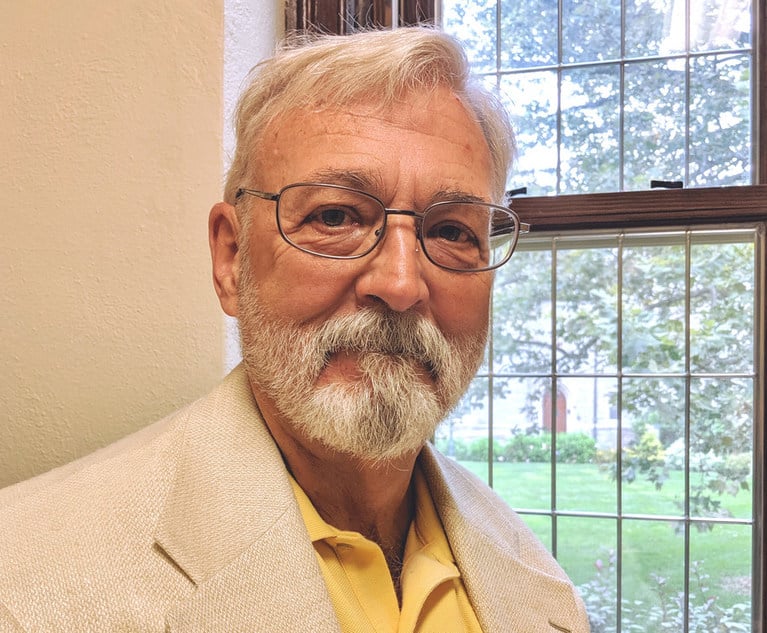Following the adoption of the Connecticut Constitution in 1818, judges age 70 and older had been barred from holding judicial office. From 1818 until 1965, pursuant to that prohibition, judges who had reached 70 were not permitted to exercise any judicial powers, but, beginning in 1889, were allowed to act in a limited capacity as state referees, consistent with that limitation, to find facts and recommend rulings to the trial court.
Then, in 1965, the Constitution was amended to permit judges who were not “eligible to hold [their] office” on reaching 70 but had chosen to serve as state referees to exercise limited judicial power, including the powers of the Superior Court. With the adoption of that amendment, the Constitution now provides in relevant part: “No judge shall be eligible to hold his office after he shall arrive at the age of seventy years, except that a chief justice or judge of the supreme court … [or] a judge of the superior court … who has attained the age of seventy years and has become a state referee may exercise, as shall be prescribed by law, the powers of the superior court … on matters referred to him as a state referee.”


 Joette Katz, a partner with Shipman & Goodwin. Courtesy photo
Joette Katz, a partner with Shipman & Goodwin. Courtesy photo


